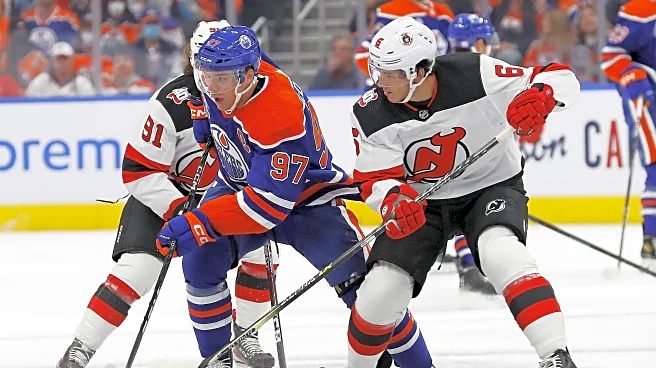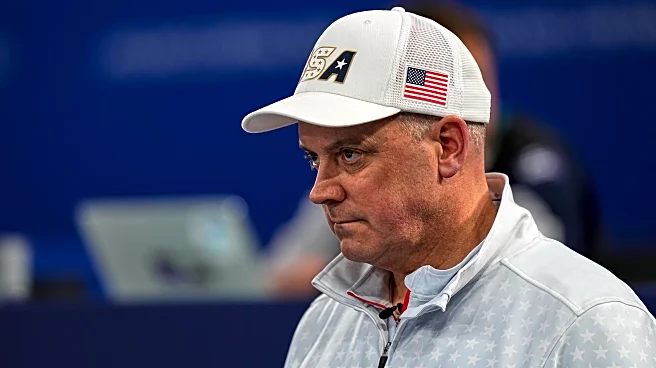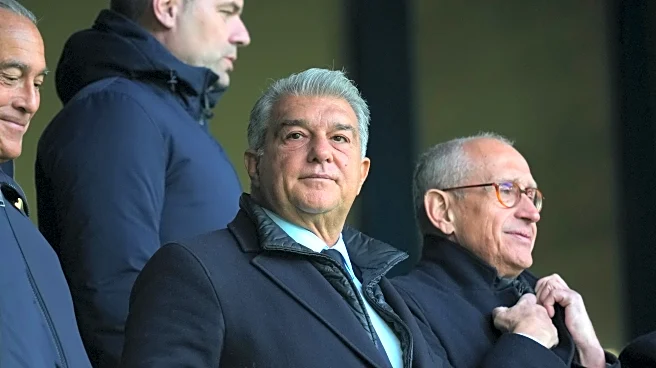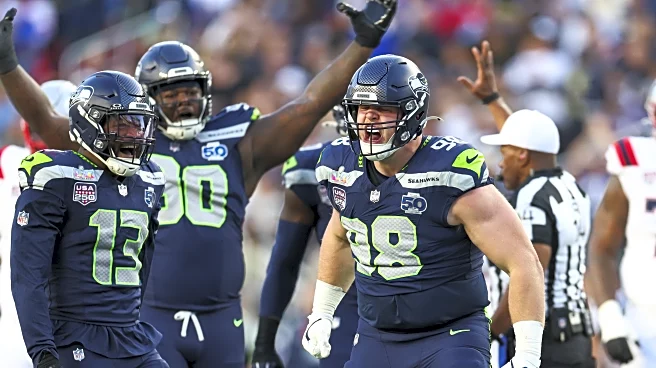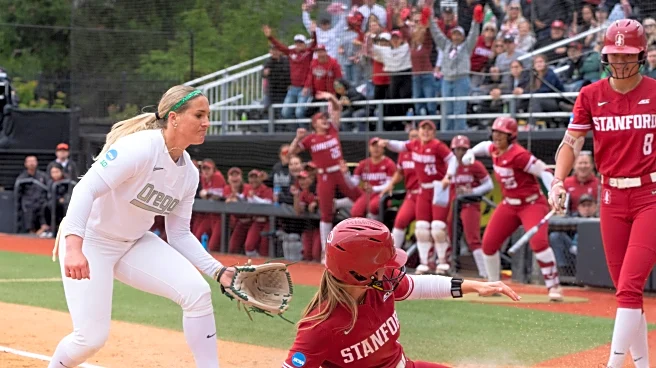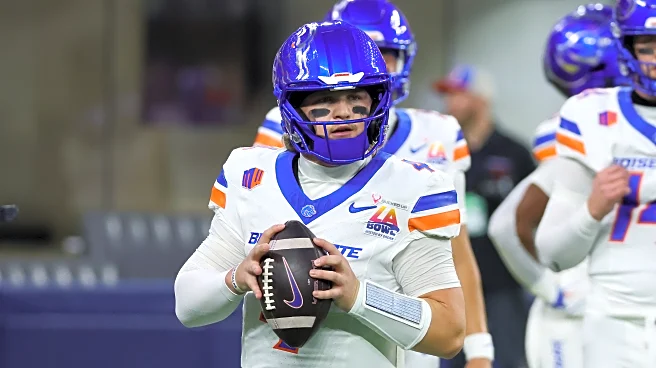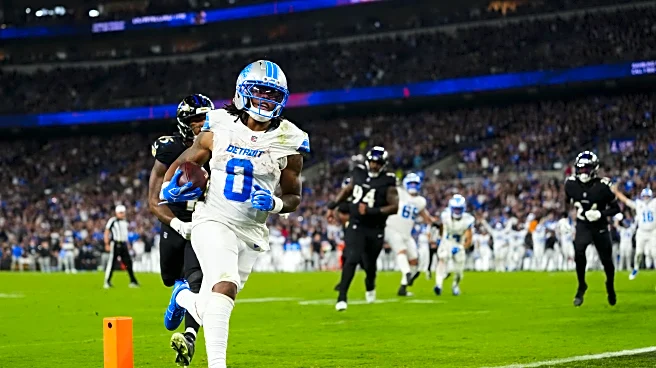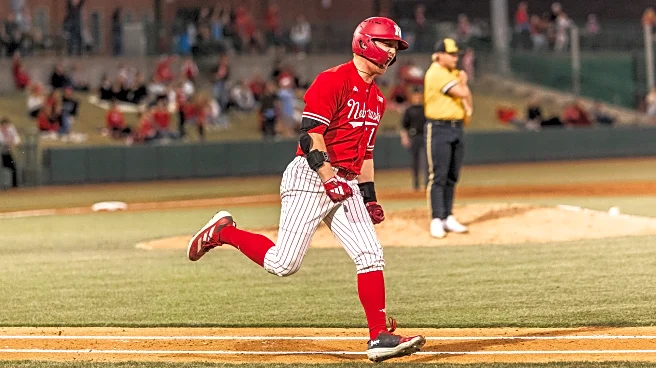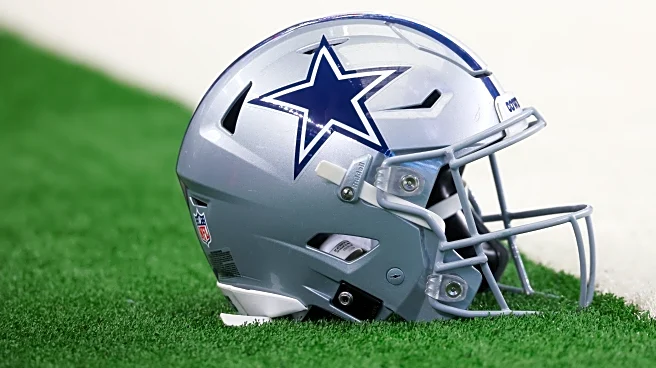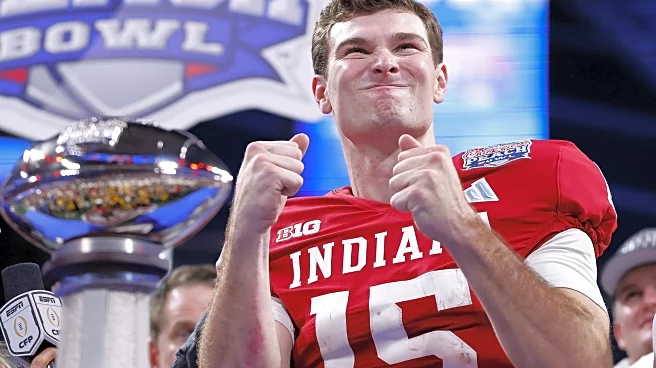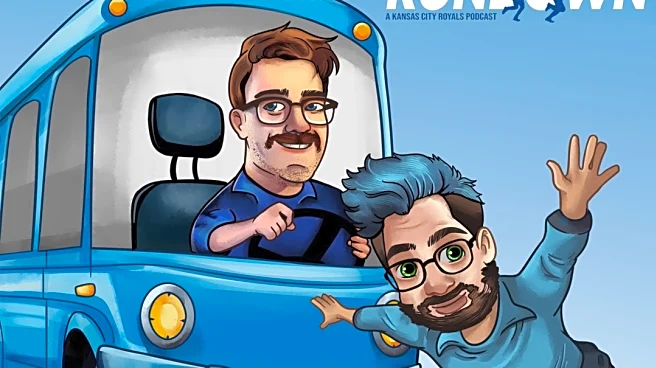If you haven’t been paying attention to the happenings around the league, you might be surprised to know that Edmonton Oilers superstar Connor McDavid was scheduled to enter the final season of his contract before reaching unrestricted free agency next summer.
You might also be well aware that after months of speculation about his future, he ultimately put pen to paper on a 2-year, $12.5M AAV contract that is simultaneously “team friendly” and “team we damn well better win sometime in the next few
years or I’m gone”.
McDavid is an interesting case in that he is clearly the best player in the world. He could have commanded a new deal that far exceeds the one that Kirill Kaprizov signed with the Minnesota Wild and nobody would’ve blinked an eye because he’s Connor McDavid. But this is also a player who has come agonizingly close to winning a Stanley Cup the last two seasons without actually doing it. This is a player who has dealt with the pressures of being the franchise savior for a decade now (one of his nicknames is literally “McJesus”) in a market that is dying for a winner. He knows that he could have taken every last penny from the Oilers, as is his right. But he also knows that in doing so, it makes it tougher to build a team that can win the Stanley Cup, which is the ultimate goal. He’s also smart enough to look at the landscape across from the NHL, and in the next few years, is there a more realistic destination for him to go to to achieve this goal, or is his best chance of winning in Edmonton? For now, it’s the latter, and McDavid being willing to take less may have allowed the Oilers enough space to sign Jake Walman to a 7-year, $7M AAV deal as well.
The purpose of this article isn’t to try to wish cast Connor McDavid onto the Devils roster once his newly signed deal is up. But I do want to talk about how players will position themselves where they think they have the best chance to win, and I do think there are lessons the Devils can learn from the mistakes that Edmonton has made along the way when it comes to their star players.
The Oilers Mistakes Have Led to Them Failing to Maximize Having McDavid and Draisaitl on Their Roster
Between 2016-2023, McDavid and Leon Draisaitl have combined to win four of the seven available Hart Trophies for league MVP. In addition to that, McDavid has had three other seasons where he finished either 2nd or 3rd for the Hart, while Draisaitl was the runner up this past season. The Oilers have had two of, at worst, the five best players in the world on their roster for the better part of a decade.
What do they have to show for it? Not a whole lot.
In that aforementioned timeframe from 2016-23, they made the conference final once, made it to the second round twice, lost in the first round twice, and missed the playoffs altogether twice. They’ve churned through GMs, coaches, goaltenders, and supporting casts to find the right pieces to put around their two star players.
Plenty of personnel mistakes have been made along the way as the Oilers chased wins at the expense of the long-term. And while it might be debatable whether or not trading another future MVP in Taylor Hall for Adam Larsson was a mistake when the Oilers desperately needed a top pairing RHD, there’s little debate whether or not the Milan Lucic contract was a mistake. Or the Andrej Sekera contract. Or the Mikko Koskinen contract. Or turning Jordan Eberle into Ryan Strome, only to then turn Strome into Ryan Spooner. Or the Griffin Reinhart trade. Heck, those are just mistakes made by Peter Chiarelli and don’t include more modern mistakes like the contracts handed out to Jack Campbell or Darnell Nurse that are still on the Oilers books in some capacity today.
The Oilers are a team that has been on the cusp of a championship for two seasons now, but previous mistakes with bad contracts and trading draft picks for futures led to an offseason where the Oilers lost key role players like Connor Brown and Corey Perry. This is an offseason where they had to trade Evander Kane and Viktor Arvidsson in cap dump trades just so they could have the space to pay Evan Bouchard and Trent Frederic. This is a team that is going into another season with Stuart Skinner, Calvin Pickard, and the newly acquired Connor Ingram in net. And none of this is mentioning them being in a position with the salary cap where they lost key RFAs Dylan Holloway and Phillip Broberg to the Blues via offer sheet one year ago.
Yes, the Oilers added Isaac Howard via trade, they added the aforementioned Connor Ingram via trade, and they did sign Andrew Mangiapane as a UFA, but does this sound like a team maximizing their contention window? Especially when you compare that to what Florida did at the deadline last year adding Brad Marchand and Seth Jones? Or what Vegas seemingly does every year adding whoever the big superstar player available? Or what Dallas did acquiring Mikko Rantanen at the deadline? Or even what a Carolina is doing adding Nik Ehlers and making it known they’re continuing to look to add a big piece to go over the top?
Now, even with all that, McDavid clearly looked at the landscape around the league, saw the relatively modest moves that the Oilers have made, and decided that for at least the short-term, the best chance he has of winning a Stanley Cup is by staying Edmonton. And it’s tough not to see why. After all, Draisaitl and Bouchard are still elite-level players, this is a team that has a relatively clean path to a Cup Final that they’ve already reached the last two years, their draft pick situation gets better after 2026 where they can trade more futures, and the cap ceiling continuing to increase may make mistakes like the Nurse deal sting less (it also buys them time to perhaps convince someone to bail them out of said mistake). But just because McDavid decided to stay for now doesn’t mean the Oilers put themselves in the best position to retain his services. The Oilers haven’t exactly earned the benefit of the doubt when it comes to doing whatever it takes to convince McDavid to stay, and they don’t deserve credit just because McDavid was willing to take a short-term deal for now and essentially put the franchise on notice. If anything, it only raises the stakes that they need to show that they’re serious about going all-in and not squandering this gift that they’ve been blessed to have.
What Can the Devils Learn From This?
A competitor like McDavid isn’t unique in that he wants to win. He hates losing, and he gets pissed off when they lose. There’s a level of expectation from players like him that everybody around him, from management to the coaching staff to the other players on the team are doing everything they can to win. They demand greatness, not just from themselves, but those around them. And if there’s any question, any hesitation, any reason to be concerned that the organization isn’t doing that and isn’t positioned to continue being contenders going forward, its tough to blame the players for considering all of their options. Yes, its one thing if a player like McDavid continually says he wants to be in Edmonton, only to leave. This is why Islanders fans had as much vitriol for John Tavares when he did decide to leave. But on the other hand, if the player is out of contract, they don’t owe the organization anything either at that point.
After he plays out this contract, McDavid will have given the Oilers 13 years to figure out how to build a championship roster around him. Thirteen years! If they still haven’t done that by then with a player who is a no-doubt future first-ballot Hall of Famer, is that on the player, or is that on management? The answer is the latter.
I think all of this is worth keeping in mind when you remember that Nico Hischier is entering his walk year next year. We talked about this a few months ago when I wrote about what Nico’s next deal might wind up looking like and I brought this topic up then. I think its also worth keeping in mind as the years go by and we inch closer to Jack Hughes and Jesper Bratt reaching UFA. It’s not a concern for right now, but it won’t be long before we have to start having those conversations about those players when they are approaching UFA. The Devils should be doing more to maximize the team-friendly deals that Hughes and Bratt have both signed.
Nobody is suggesting that Nico Hischier, Jesper Bratt, or Jack Hughes are Connor McDavid, but one thing they all have in common is their level of competitiveness. None of these players likes losing. What McDavid has over the Devils players though is that his teams have had more success than the Devils have had. I’m not going to pretend to be a mind reader but if McDavid is as annoyed about his situation as we think he might be, it would stand to reason that the Devils players may be just as frustrated that the Devils haven’t elevated to the point where they can beat Carolina in a playoff series, never mind compete for a championship. I don’t say all this to hit the panic button that Hischier or Bratt or the Hughes brothers will leave New Jersey the first chance they get, but by the time Hischier hits UFA, he’ll have been in the league for a decade. By the time Jack hits UFA, he’ll have been in the league for 11 years. If the Devils have failed to build a winner around their best players by then, is it on the players, or is it on management? Again, I say the answer is the latter.
All of this brings us to Tom Fitzgerald and his aggressiveness, or lack thereof at times. I’m not going to say that Fitzgerald, and by extension, Devils ownership, hasn’t put resources into the team. They have identified and committed to their core players, with Luke Hughes being the latest example. They’ve spent big on Dougie Hamilton, Ondrej Palat, Brett Pesce, Brenden Dillon, Connor Brown, and Stefan Noesen in UFA. They made the trade for Timo Meier and paid him. They made the trades for two goaltenders in Jacob Markstrom and Jake Allen.
But there’s also been mistakes along the way. Their inability to draft and develop a goaltender led them to making those deals for Markstrom and Allen. The Devils had to pay UFA prices for veteran defensemen, in part, because of their inability to draft and develop them. The Palat deal needed to be off the books this summer but its still there. A tightening cap situation and whiffing on notable high draft picks like Alexander Holtz has necessitated the need for them to take a big swing, and while I can’t kill the Devils for not making said move in a summer where hardly any “big swing” type of moves were made, it still goes noted.
It’s not that the Devils haven’t made moves, but they have yet to swing that deal for a difference-making, “this player is going to help us win the Cup” type of move that organizations like Florida, Tampa Bay, Vegas, and Dallas almost seemingly routinely make, futures be damned. Cap space be damned. Draft picks be damned. Prospects be damned. It’s part of the reason why those teams remain on that truly elite level tier and why the Devils are on that next tier.
Maybe that “big swing” move comes next summer if/when Quinn Hughes effectively asks out of Vancouver and the Devils finally unite the Hughes brothers like Thanos collecting the Infinity Stones. Maybe its something else. But I do look at the teams that I just mentioned and it goes noted that they’re destinations for a reason. It’s not just because of the weather or the tax situation. Franchises like Florida and Tampa weren’t really destinations prior to them being perennial Cup contenders. It’s that those franchises have shown time and again that they’re willing to do whatever it takes to win. They’ll go above and beyond and push the limits. Is that something the Devils have done? Not really. Not to that extent.
The Devils aren’t a “destination franchise” except in very unique circumstances such as whether or not one of the best defensemen in the league might want to join them because his brothers also play for the team. They’re not an Original Six franchise that can sell history and nostalgia, nor are they located in a warm weather, tax-friendly city where players can play golf year-round on their off days. That’s not to say they can’t convince free agents to go to New Jersey. They paid what was then market value to convince guys like Hamilton, Palat, Pesce, Dillon, and others to come to New Jersey. Tom Fitzgerald, and the Devils in general, have done a good job of creating an environment and culture where they can sell the positives that playing in New Jersey has to offer and convince players to sign there. That’s all well and good. But you need as many good-great players as you can get to win in this league, and the Devils could use a few more of them.
Final Thoughts
At some point, the Devils will need to be more aggressive in their pursuit of taking the next step and competing for a championship. While patience is normally prudent, the Devils have been plenty patient in the last few years when it comes to building the roster. Contract terms are a thing, the Devils best players are in their primes and in place on the NHL roster, and the time is coming where they have to push the rest of their chips in if they’re going to be serious about trying to win a title while they have the players they do have in place. Failure to do so opens up the risk of the Devils alienating their best players as they continue to spin their wheels in the mud and not being able to take that next step as an organization. Failure to do so put the Devils at risk of losing said players when the time comes, and I don’t think the players will be to blame if that were to happen.
There’s no shame in a team bringing in more help to get over the top. Sasha Barkov and Aaron Ekblad ultimately needed the Panthers to get a Matthew Tkachuk to take that final step. Vegas needed to bring in guys like Alex Pietrangelo, Mark Stone and Jack Eichel to get the Vegas Misfits over the hump. This isn’t necessarily limited to superstar level players either….Tampa didn’t get over the hump until they brought in Blake Coleman and Barclay Goodrow to be fixtures on their third line and give them a different dynamic.
If Connor McDavid and Leon Draisaitl need more help around them to take that final step, it shouldn’t be an indictment on them as hockey players. It also shouldn’t be a surprise that the Devils core needs more help as well. And ideally, Devils management will be more aggressive providing the players with said help and not hiding behind excuses like the salary cap or how trading is hard. If they don’t, don’t be surprised if the Devils players sound wishy-washy when they’re getting asked questions about why they haven’t re-signed long-term when that time comes.
